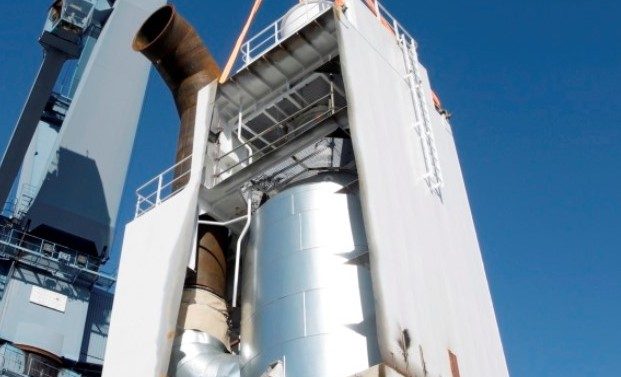Scrubbers as carbon capture tools: Wärtsilä eyes new revenue stream

Finnish maritime technology firm Wärtsilä has highlighted the potential to upgrade current scrubber systems with carbon capture and storage (CCS) technology as a way to tackle maritime carbon dioxide emissions.
Wärtsilä has conducted extensive research and development to explore how CCS can be developed and scaled in maritime. Initial findings by the company show that CCS on ships is technically viable for the sector to pursue.
To further accelerate development, Wärtsilä is installing a 1MW pilot plant at its test facility in Moss, Norway.
“Building on the success of existing and well-proven technologies, such as scrubbers, will be vital to succeeding on the industry’s decarbonisation goals. Exhaust gas abatement technologies have reached a point of maturity where it is only right that we explore their wider applications beyond sulphur compliance,” said Sigurd Jenssen, director, exhaust treatment at Wärtsilä.
Last December Splash reported on a Norwegian, Austrian team developing its own next generation scrubber, capable of apturing carbon among a host of other emissions.
The TECO 2030 Future Funnel is a marine emission reduction system developed to comply with not only existing but also upcoming and far stricter regulations in the marine industry. The new funnel system is marketed by Norway’s TECO 2030, which developed the system with Austrian firm AVL.
